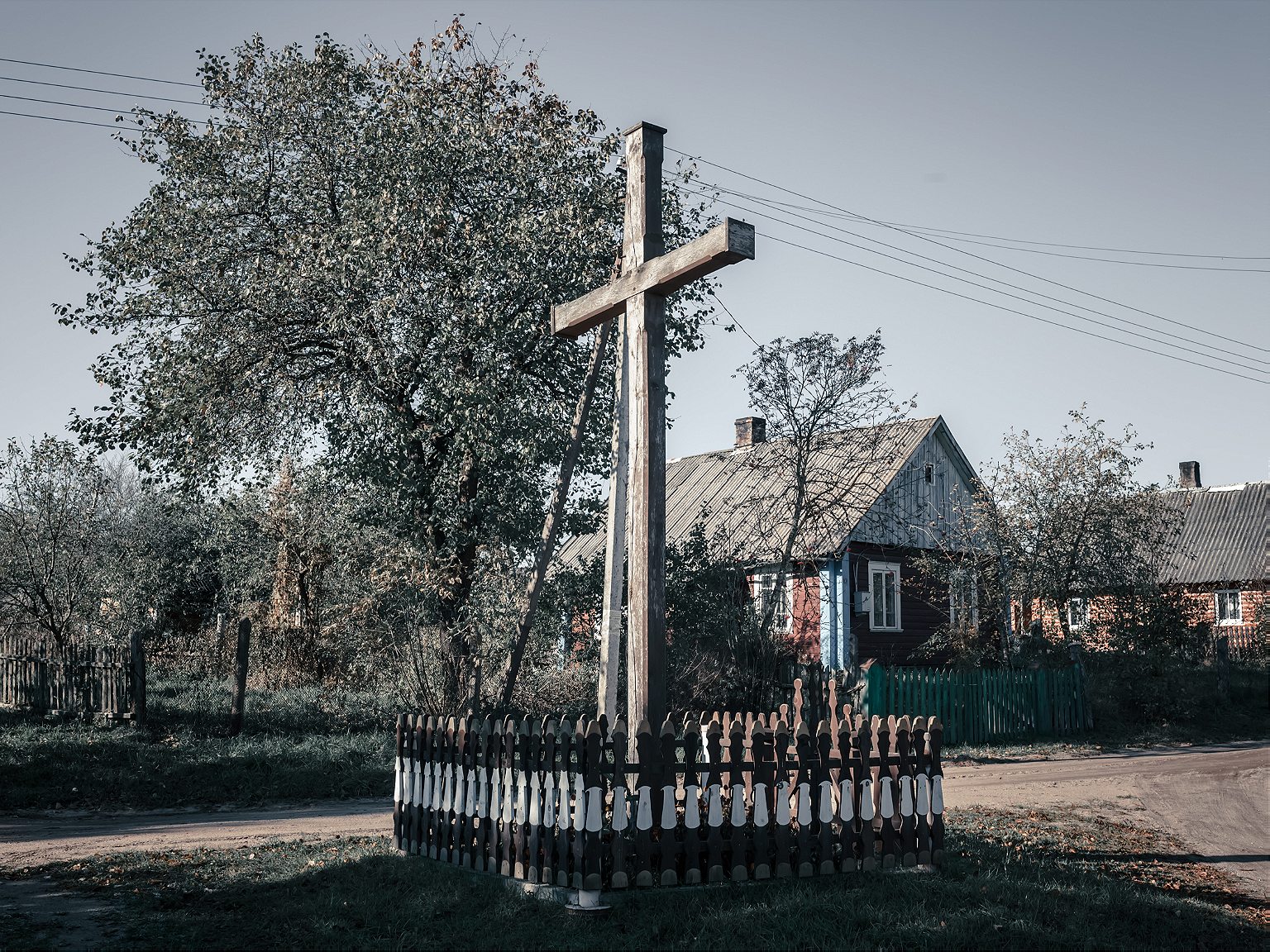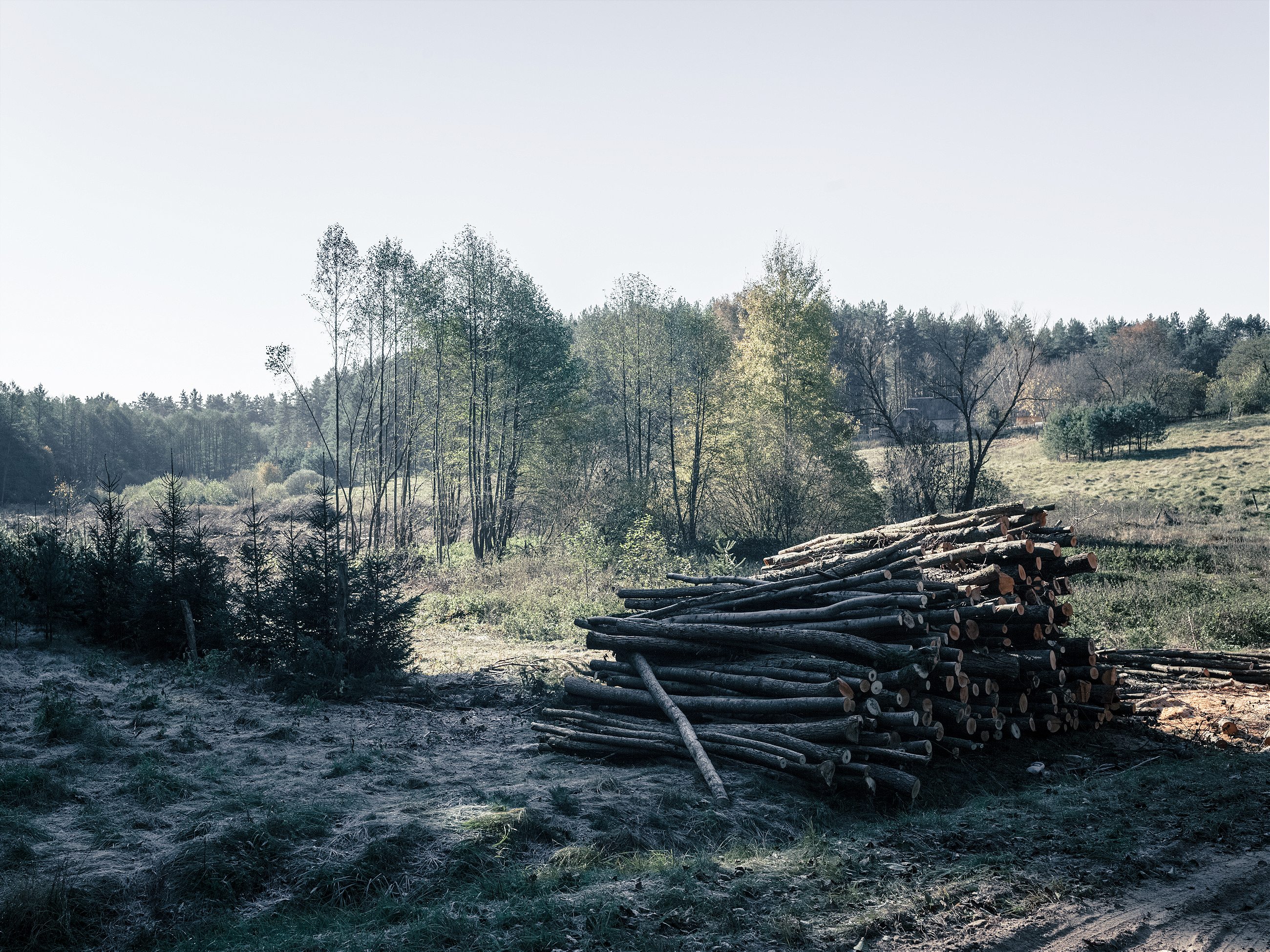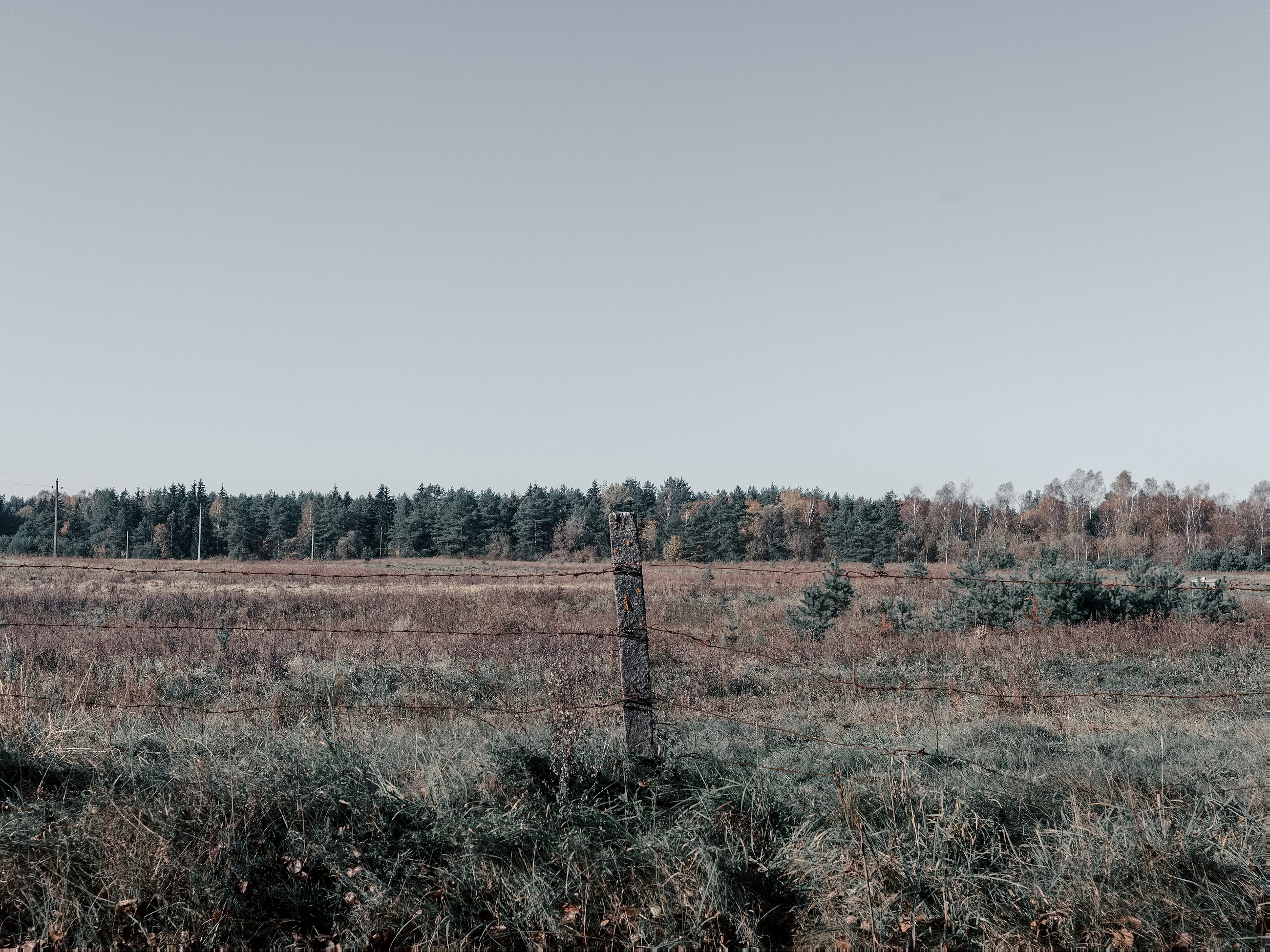In Lithuania’s so-called “appendix,” a forgotten community is caught between progressive Europe and Soviet-era stagnation.
The sunflowers have been here for as long as Katija Stankiewicz can remember. Her grandmother planted the first seeds when the family relocated from Belarus in the late 1870s. It has always been Katija’s job to tend to the flowers.
The air is crisp, and the frost still covers the barren potato fields that surround the village. The only sounds that can be heard for miles come from a small group of chickens pecking on the dusty road, and the subtle humming of a barbed-wire fence that marks the border between Lithuania and Belarus.
Here, in the so-called Dieveniškės “appendix,” as it is known locally, national borders have been redrawn at least five times in less than a century.
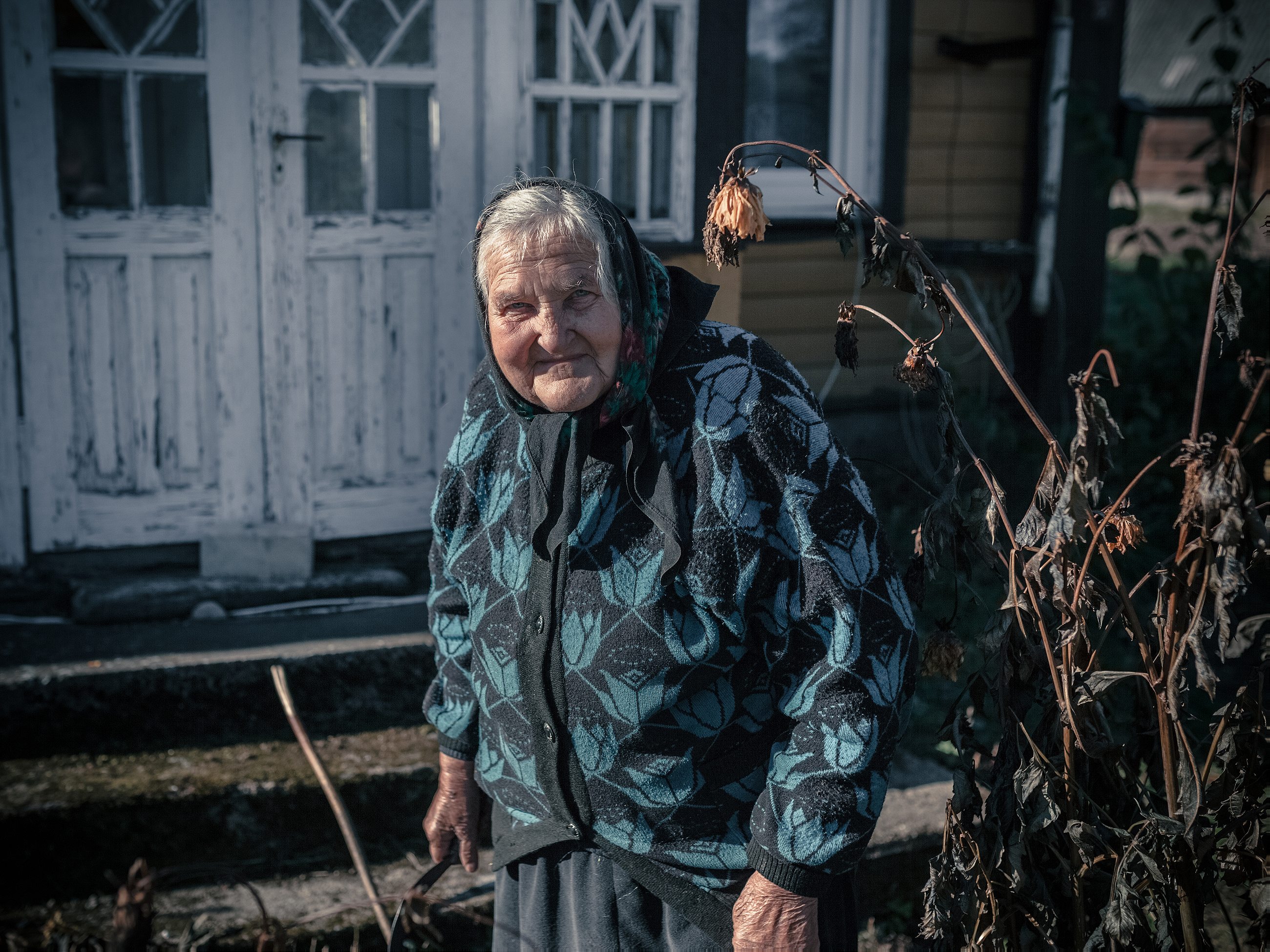
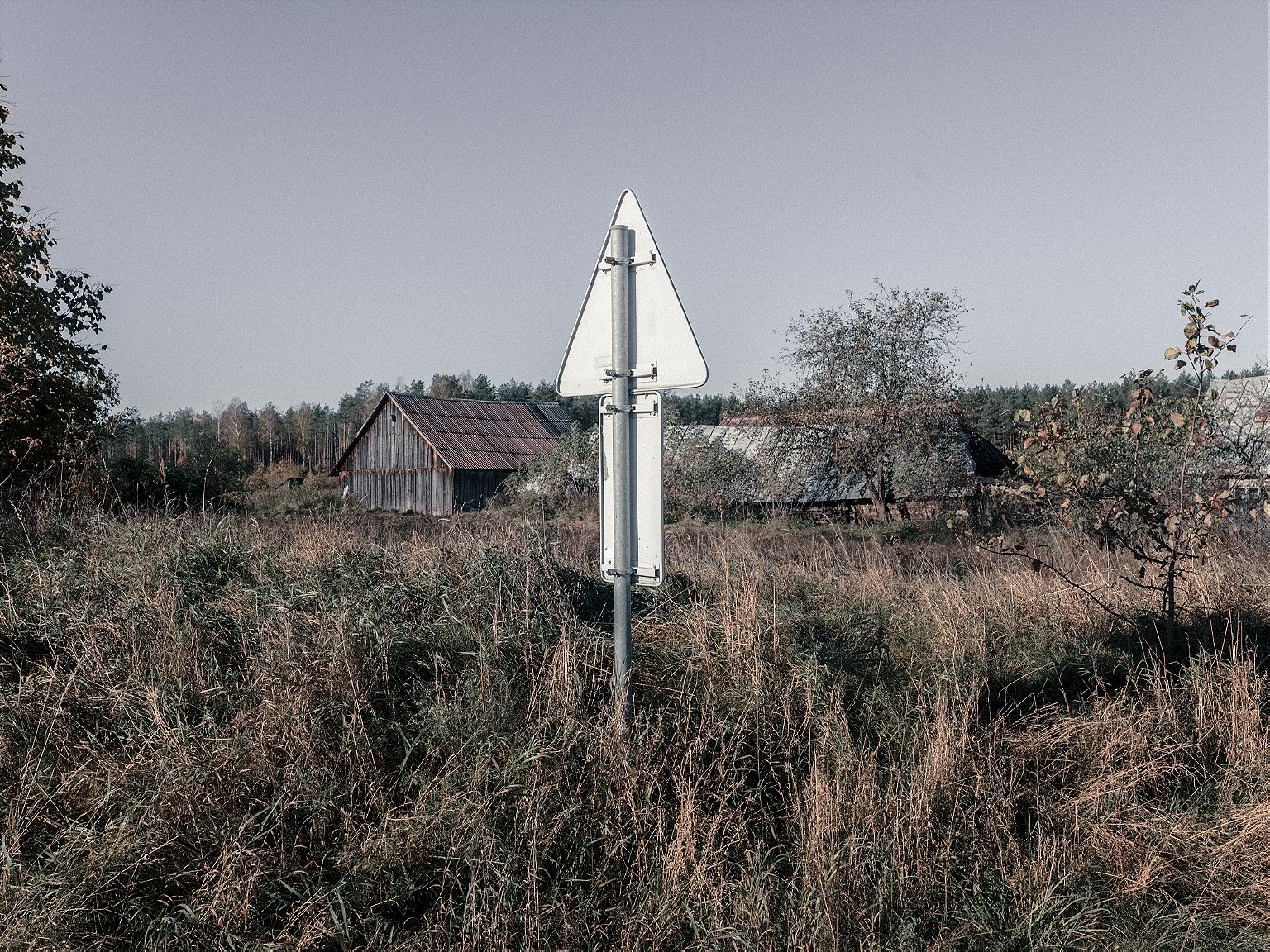
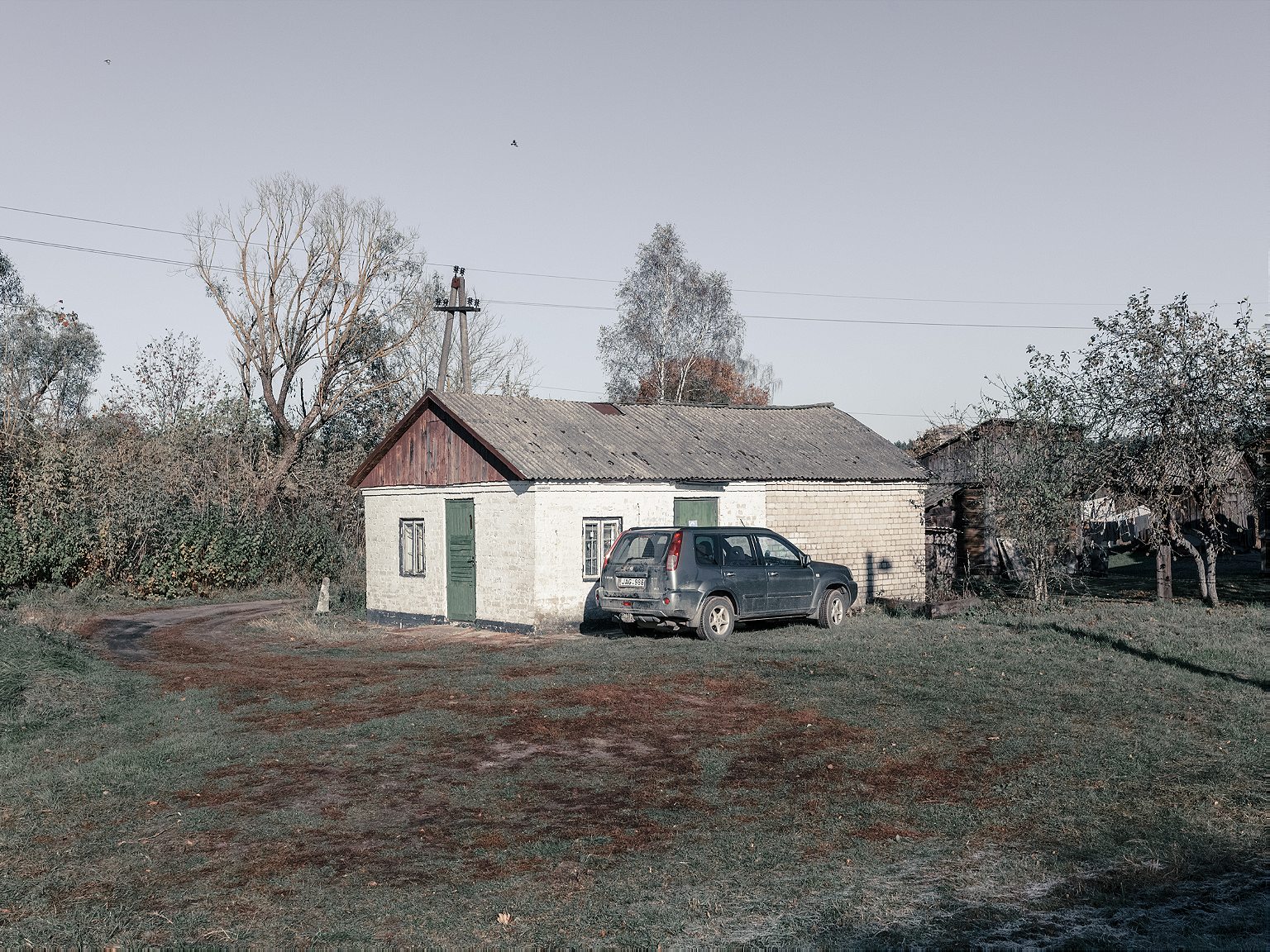
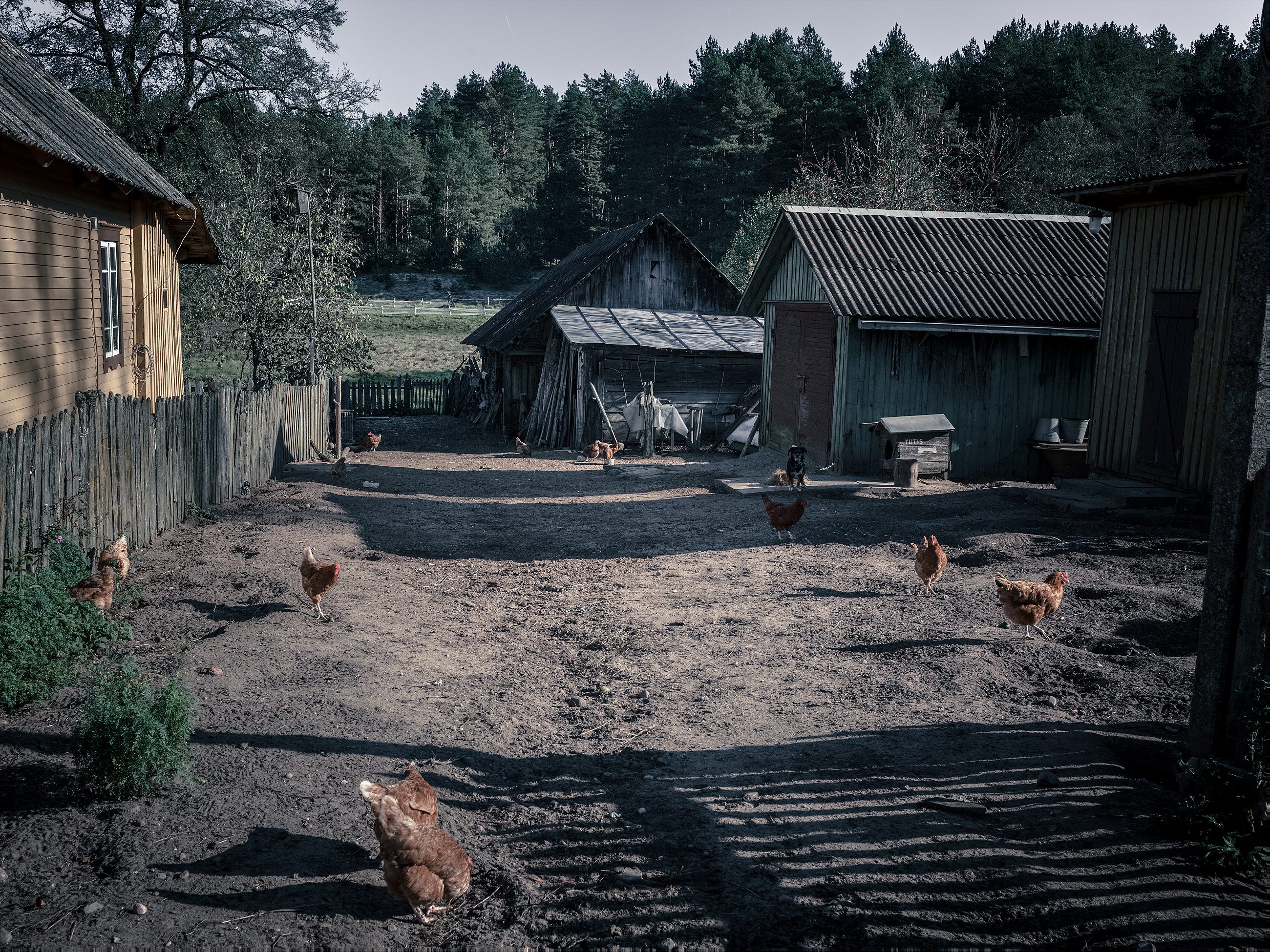
Legend has it that the seemingly arbitrary borders around this peninsula came to be during a meeting in Moscow, when the borders of Lithuania were being mapped out during the Soviet occupation. Stalin’s pipe happened to be placed on the part of the map were Dieveniškės is now and no one dared to move the pipe. So the generals just drew a line around it. Katija often jokes that she has lived in three different countries without ever moving.
Following the collapse of the U.S.S.R. in 1991 and Lithuania’s accession to the European Union in 2004, the country had to comply with the Schengen Agreement, which abolished many of Europe’s internal borders but strengthened those with non-E.U. nations. In 2007, a barbed-wire fence was erected, physically and permanently dividing many of the villages in the appendix, including Sabaliūnai, where Katija lives.
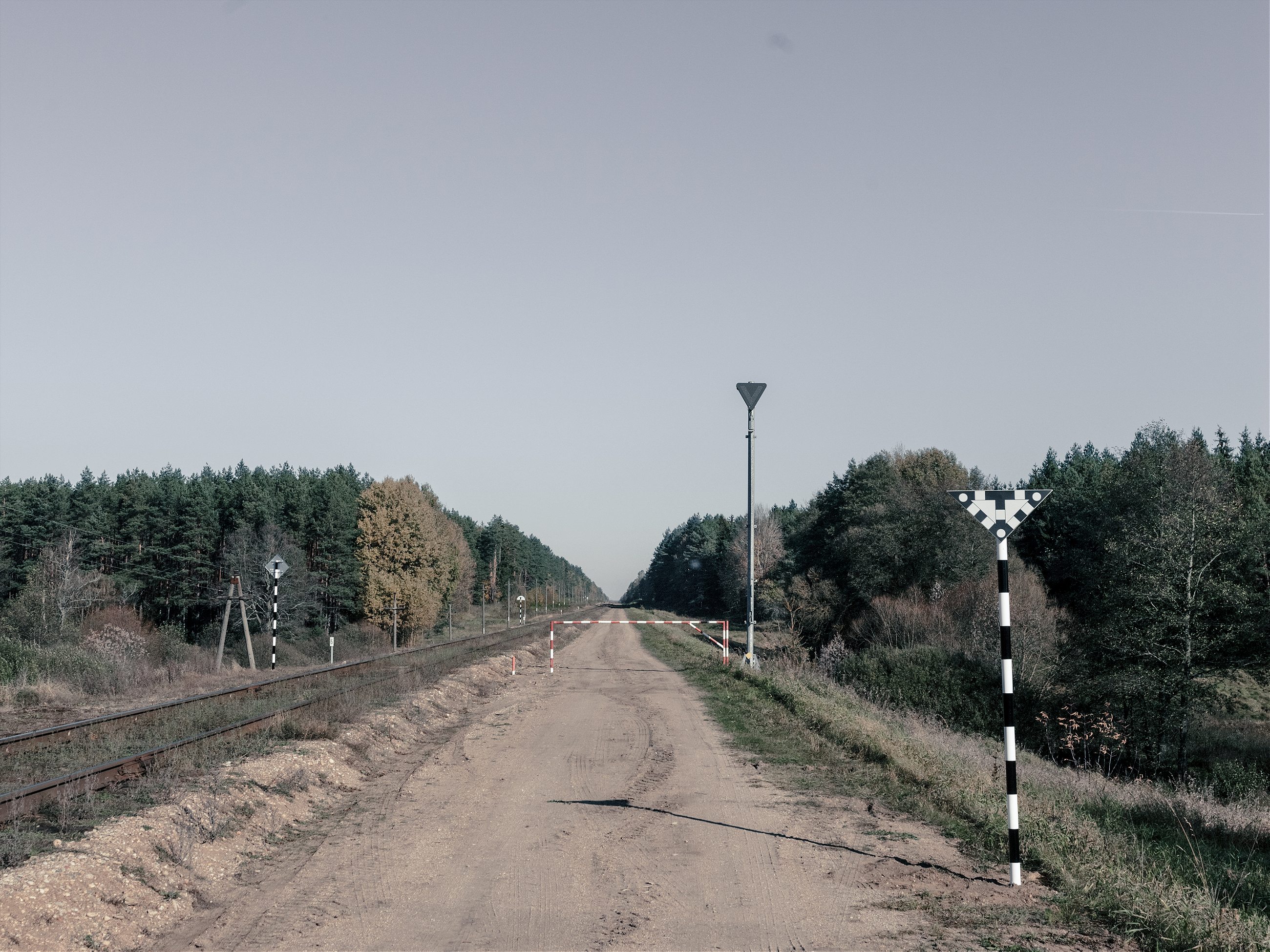
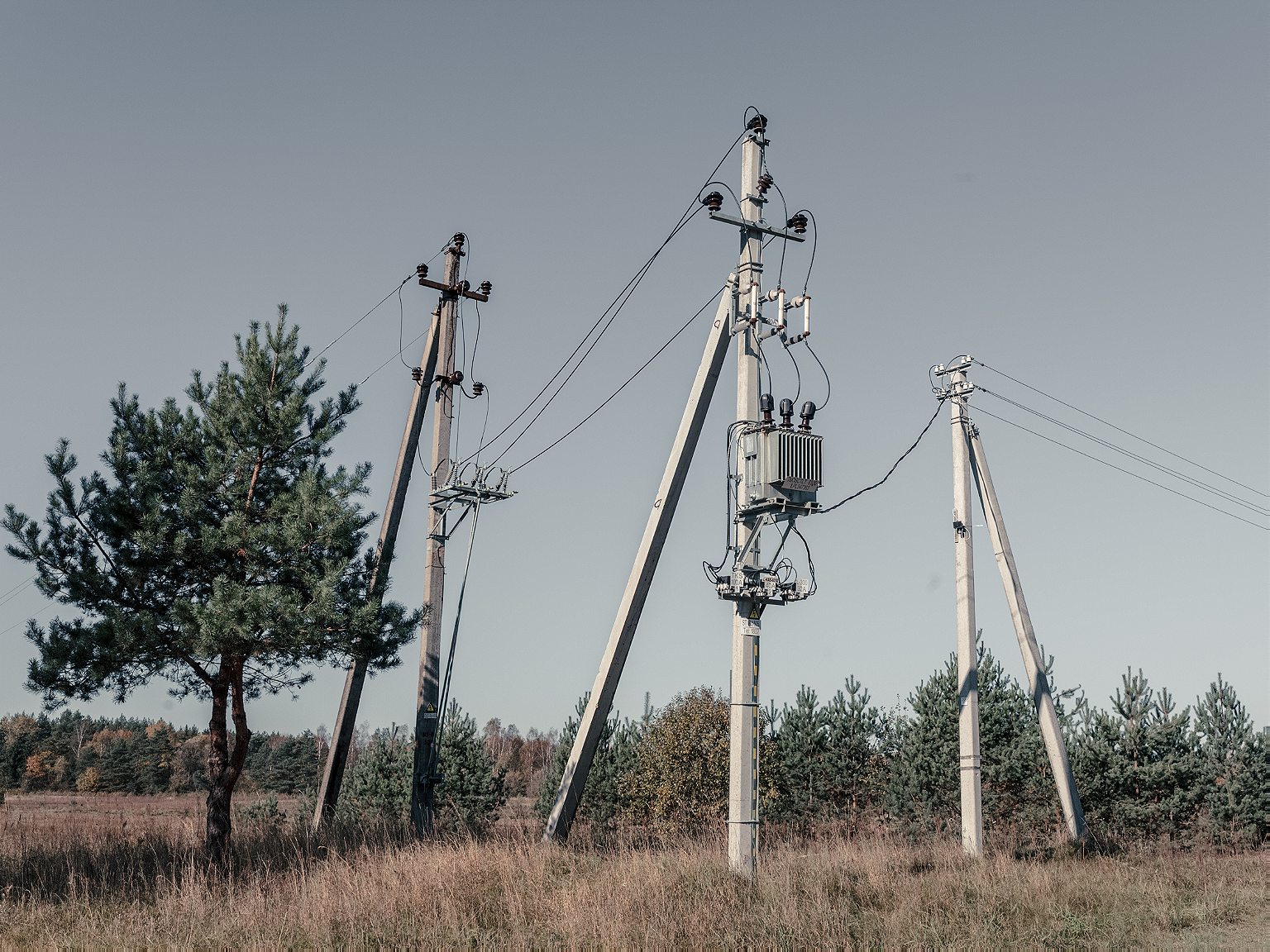
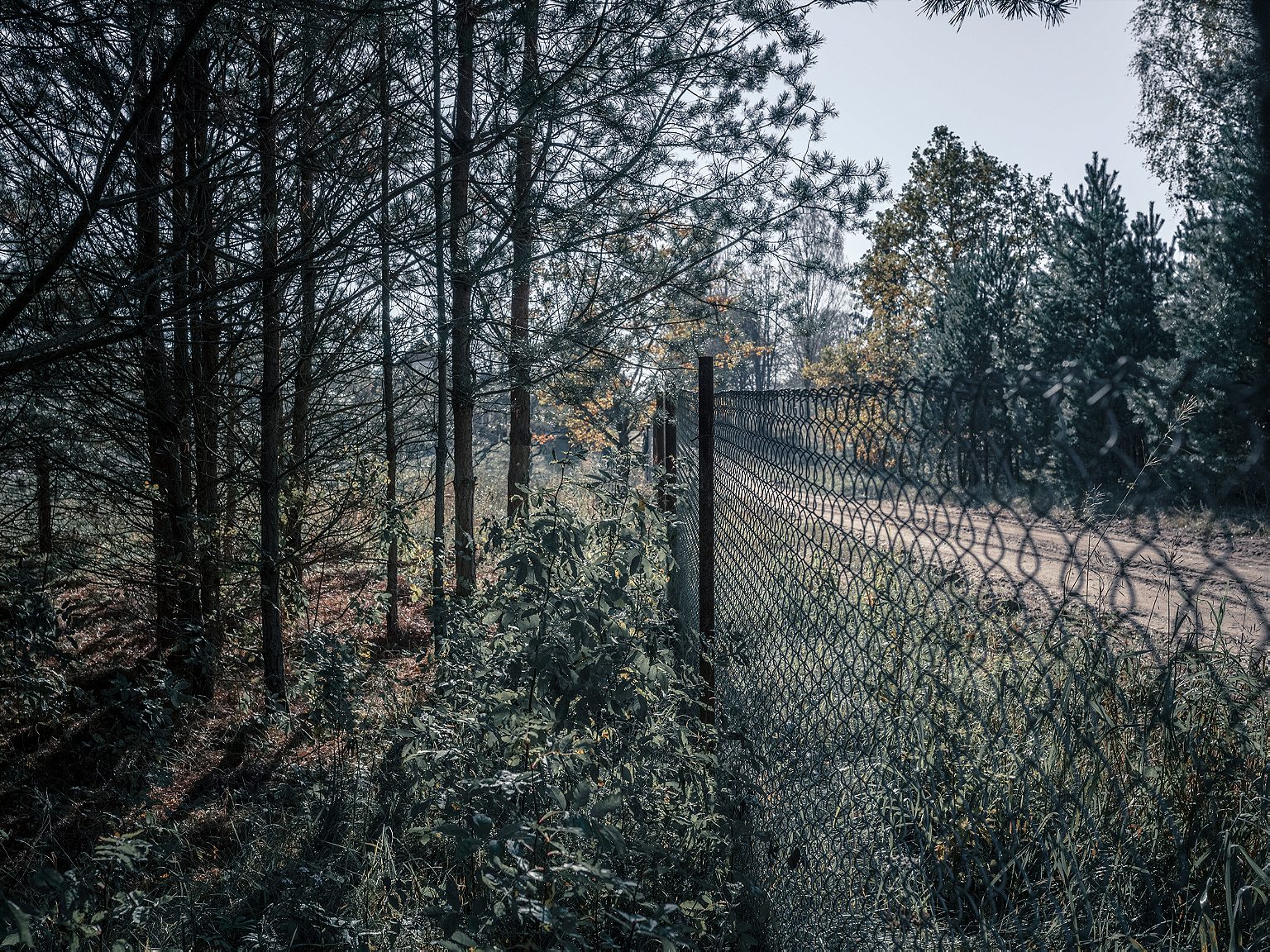
Katija’s sister lives on the other side of the village, less than a mile away, in what is now Belarus. Despite the short distance, Katija has to make an almost 90-mile round trip in order to reach a border crossing. The lack of government support makes access to relatives living on the Belarusian side virtually impossible for many of the residents in the region.
On Jan. 1, 2015, Lithuania became the 19th country to join the Eurozone. While the rest of the country moves forward thanks to rapid economic and social changes, the residents of the Dieveniške appendix continue to cultivate their dreams and traditions in solitude, living off the land as they have done for centuries.
